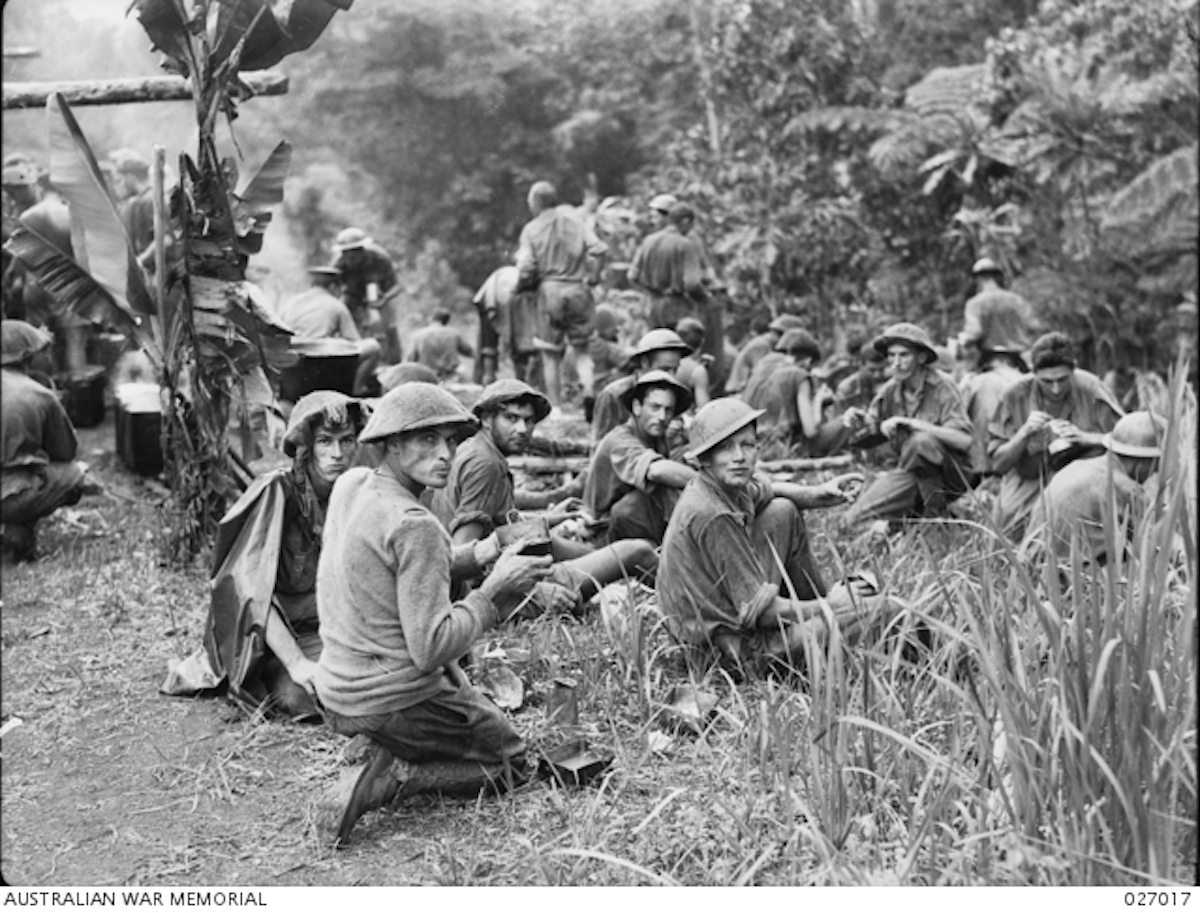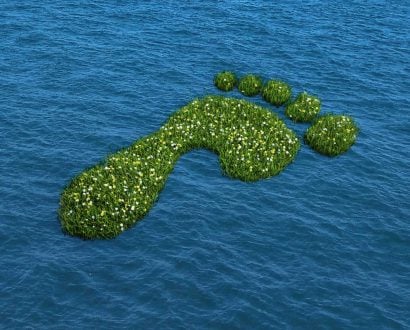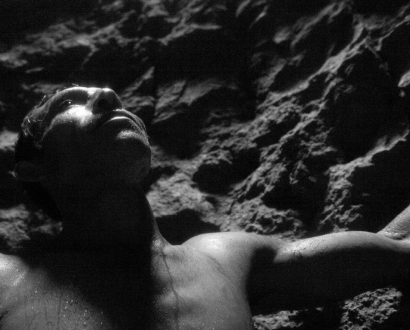“On 2 November 1942, a small Australian patrol led by Lieutenant Alexander Black of the 2/31st Battalion cautiously entered Kokoda. Expecting to encounter the Japanese, Black’s patrol found the village abandoned, the enemy having withdrawn to the Oivi Pass several days earlier.”
That is an excerpt from Australian Army historian Nicholas Anderson’s book To Kokoda, describing the day the troops realised they had won back control of Kokoda after four months of bitter fighting on the track.
Approximately 600 Australians were killed in the campaign, and several thousands more wounded and brought down by Malaria and other diseases. But their heroism is revered and remembered as critical in the defence of their homeland.
“It is especially deserving of note that the brunt of the initial fighting fell, on the Australian side, to ill-equipped and poorly-trained young soldiers – many of them 18-year-olds who had never fired a rifle in anger – who were often outnumbered perhaps five-to-one,” Dr Chris Clark said in 2002.
“Moreover, their Japanese adversaries, veterans of China, Guam and Rabaul, were equipped with heavy machine-guns, mortars and mountain guns – weapons which the Australians lacked.
“It is for this reason that the Kokoda Trail is rightly remembered as a high point in Australian history. Along with Milne Bay, the Kokoda campaign remains the most important ever fought by Australians to ensure the direct security of Australia.”
The Kokoda campaign remains the most important ever fought by Australians to ensure the direct security of Australia.
Mr Anderson continues: “On the afternoon of 3 November, Major General George Vasey, commander of the Australian forces on the Kokoda Trail, led a flag-raising ceremony on the Kokoda plateau. A brand new nylon-weave Australian flag had been air-dropped by an American fighter pilot earlier that morning specifically for the purpose.”
“The occasion was described by Lieutenant Herbert ‘Bert’ Kienzle as sombre: ‘there was no band, no cheering, just hundreds of weary Australians standing silently to attention in the rain’.”
Today, at 4.55pm, hundreds of Australians will again stand silently as the Last Post rings out from the Australian War Memorial in remembrance of one of Australia’s most important victories of World War Two. It will also be live streamed on its Facebook page.
Alongside the public, Kokoda veterans William Butler, Leslie Cook, Ronald Dixon, William Grayden, Leonard Griffiths, Alexander Jenkins, Richard Lewis, George Palmer, David Robertson and William Stuart will be in attendance.
The courageous story of Victoria Cross recipient Bruce Kingsbury will also be recounted at today’s ceremony.
“Private Bruce Kingsbury led a gallant counter-attack against a breach in the Australian perimeter which earned him the Victoria Cross – the first won on Australian soil (which Papua then was). Sadly, this gallant soldier fell to a sniper’s bullet during his charge and his award was a posthumous one,” explains Dr Clark briefly.
While Private Kingsbury’s actions will be singled out, 6000-odd allied troops (including Arnie Forrester below) and the local ‘fuzzy wuzzy angels’ all played a part in recapturing Kokoda.
Lest we forget.





